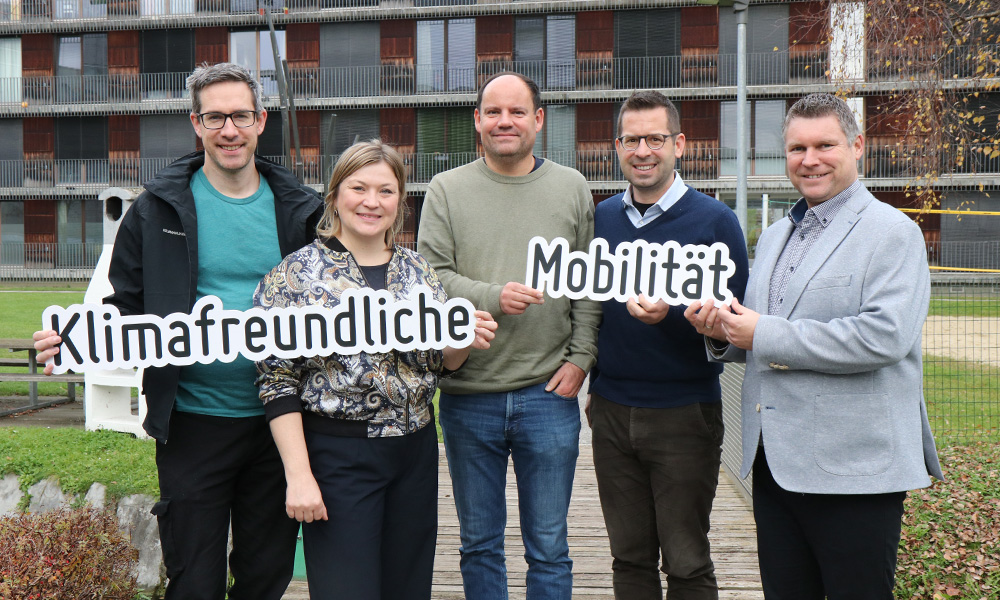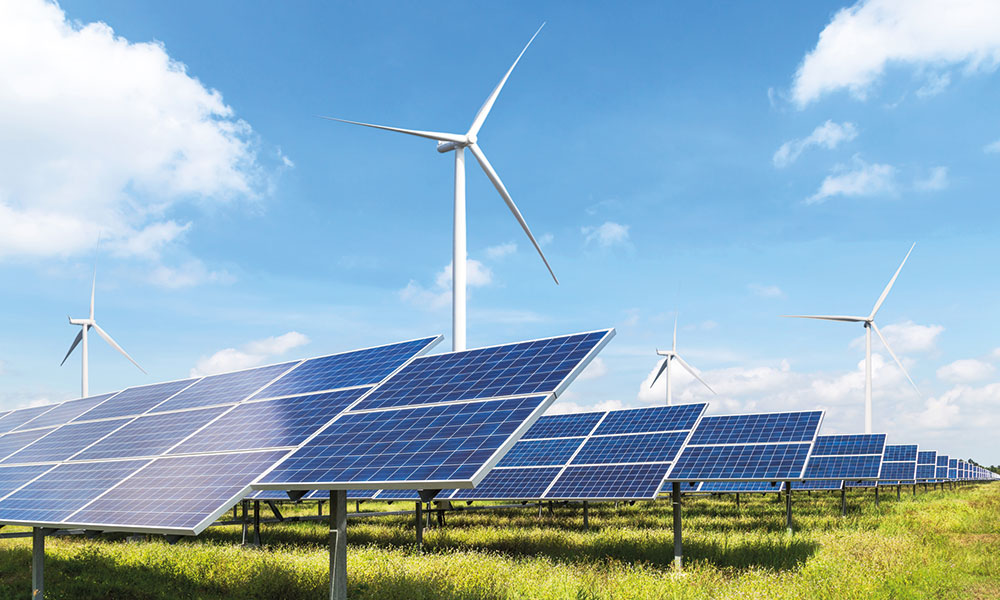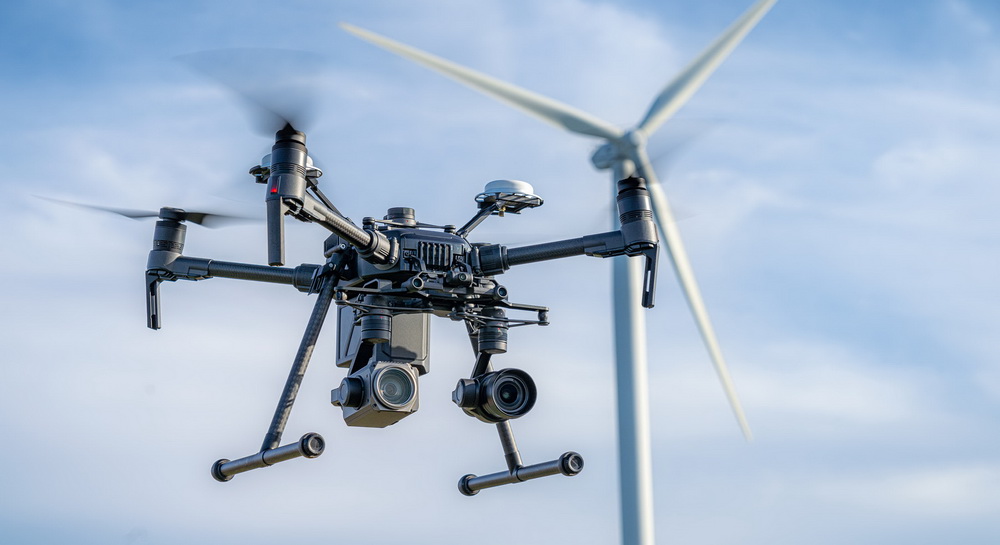
Improved energy balance of data centers
Salzburg Research, together with partners, is improving the energy balance of data centers, AI applications, and distributed systems by optimally placing services and applications in the edge cloud continuum.
In distributed cyber-physical systems, there is a strict distinction between edge and cloud: data acquisition takes place at the outer edges of the system (edge), while processing takes place in central data centers with high and efficient processing capacity (cloud).
However, it is becoming increasingly apparent that application- and resource-dependent data processing, along with the entire processing and transportation chain on the edge-cloud continuum, can be useful. Typically, performance criteria, such as computing performance or communication latency, are used to place an application on the edge-cloud continuum. So far, the aspect of sustainability has been neglected.
For this reason, the ESCADE consortium is developing suitable models and solutions that enable the intelligent and, if possible, automated placement of software services and applications in a “computing continuum” that is subject to constant change while complying with necessary performance criteria and minimizing environmental and financial costs.
In the research project, Salzburg Research is developing a solution for analyzing, evaluating, and recommending an optimized placement of services and applications in the edge-cloud continuum, as well as a tool for automated measurement, analysis, and visualization of sustainability metrics. The results are validated in the steel production application area using a highly distributed AI architecture.
Salzburg Research is an associate Austrian partner in the German ESCADE-Projekt, funded by the FFG Green Tech & Tech for Green program.








